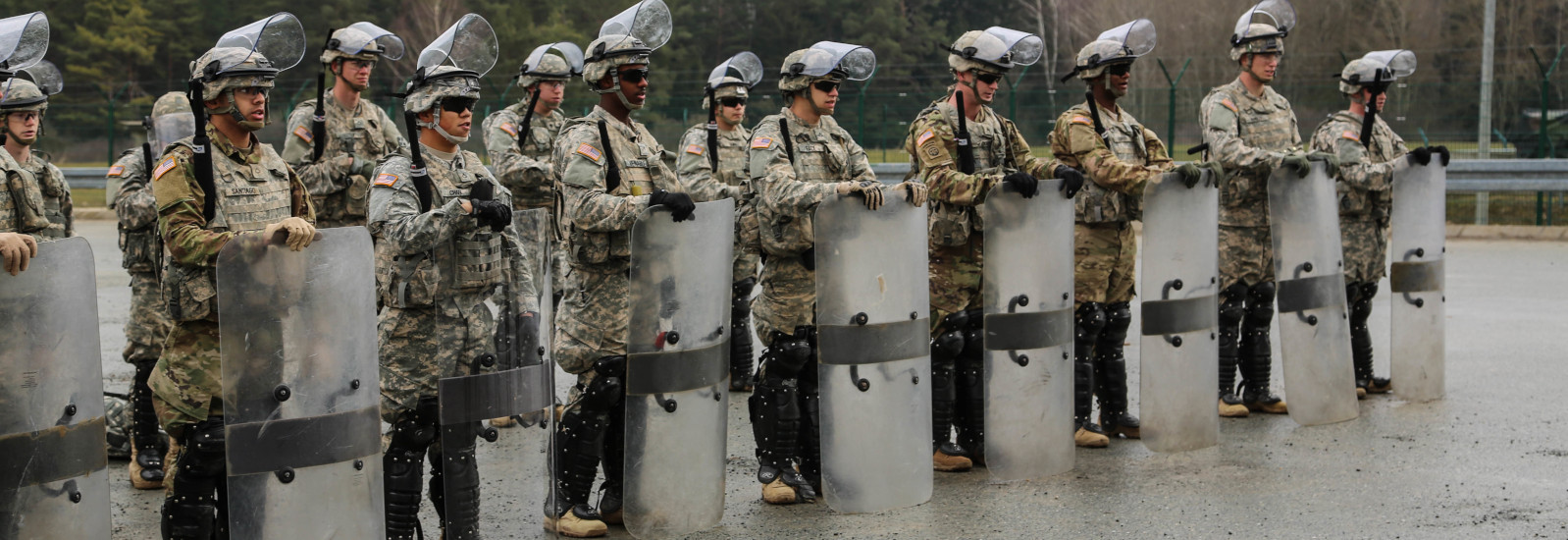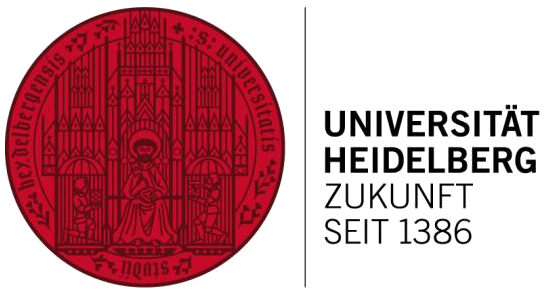
Multidimensional Measures of Militarization (m3) Dataset
The M3-Dataset represents the most comprehensive global dataset for the multidimensional exploration of militarization. It draws on a conceptualization of militarization as a multidimensional phenomenon, differentiating between the dimension of material, political and societal militarization. We thereby understand militarization as a change in state-soldier-society relations: The more missions and resources are laid into the hands of the military, the greater the degree of militarization.
The M3-Dataset provides 30 variables and overall, 140.000 observations on three dimensions of militarization since 1990. It consists of qualitative expert-coded and quantitative statistical indicators.
The map below depicts the coverage of our dataset for the latest year covered by the dataset (2020). Please click on the respective countries to see how many of the indicators are available for the respective country.
For transparency in the dataset construction process, we are sharing the R code detailing the merging and treatment of variables. This code provides insight into the steps taken to build the dataset.
When using these data, please cite the article describing the data and the codebook:
Bayer, Markus/ Croissant, Aurel/Izadi, Roya/ Scheeder, Nikitas (2023): Multidimensional Measures of Militarization (M3) - A Global Dataset, Armed Forces and Society
Bayer, Markus/ Croissant, Aurel/Izadi, Roya/ Scheeder, Nikitas (2023): Multidimensional Measures of Militarization (M3) - Codebook, online.
Publications
Bayer, Markus / Bethke, Felix S. / Croissant, Aurel / Scheeder, Nikitas (2023): Back in Business or Never Out? Military Coups and Political Militarization in Sub-Sahara Africa, PRIF Spotlight 13/2023, Frankfurt/M,10.48809/prifspot2313
Bayer, M., Croissant, A., Izadi, R., & Scheeder, N. (2023). Multidimensional Measures of Militarization (M3): A Global Dataset. Armed Forces & Society,10.1177/0095327X231215295
Croissant, Aurel, Kuehn, David, Markus Bayer, and Nikitas Scheeder (2024), Remilitarisation in Asia: Trends and Implications, GIGA Focus Asia, 2, Hamburg: German Institute for Global and Area Studies (GIGA),10.57671/gfas-24022
The Team
Main Investigators:
Aurel Croissant is Professor of Political Science at the Institute of Political Science, Heidelberg University. His main research interests include comparative democratization, and authoritarianism, civil-military relations, terrorism and political violence, and the politics of the Asia-Pacific.
Markus Bayer is senior researcher at the Bonn International Centre for Conflict Studies. He is interested in (non)violent resistance, peaceful and constructive social and political transformations, and the role of ordinary people in extraordinary times as well as the security-development nexus, the effect of arms exports on developing countries, process(es) of militarization, civil-military relations, and democratization.
Nikitas Scheeder is PhD student at Institute of Political Science at Heidelberg University. His research focusses on quantitative conflict research, especially the spatial dimension of conflicts, the influence of autonomy arrangements on escalation dynamics, and the link between militarisation and conflict.
Roya Izadi is Assistant Professor in the Department of Political Science at the University of Rhode Island and Research Fellow at the Gender and the Security Sector Lab (GSS lab) at the Government Department at Cornell University. Roya is broadly interested in understanding the dynamics of political economy of security, civil-military relations, political violence, security sector reform, conflict, and post-conflict settlements as well as the role of gender in conflict and post-conflict environments, authoritarian settings, and UN peacekeeping missions.
Data Processing:
Rodrigo Bolaños Suárez is a data scientist at the Bonn International Centre for Conflict Studies.
Rolf Alberth is a web developer at the Bonn International Centre for Conflict Studies.
Research Assistants:
Cooperation Partners:
David Kuehn, Senior Research Fellow, German Institute for Global and Area Studies
Felix S. Bethke, Senior Researcher, Peace Research Institute Frankfurt
